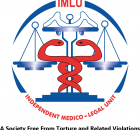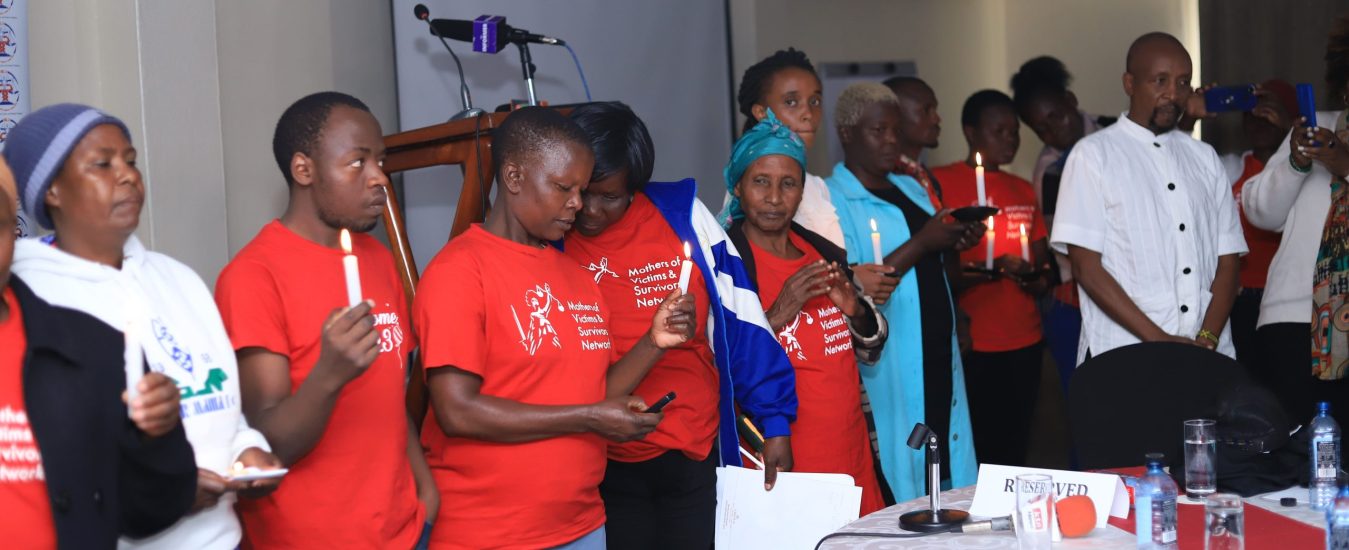By Sarah Nyakio
The International Day in Support of Victims of Torture serves as a powerful reminder of the enduring plight faced by survivors and victims of torture worldwide. In Kenya, like many other countries, the effects of torture continue to haunt victims long after the physical pain has subsided. Acknowledging the importance of reparations for victims of torture is crucial not only for the restoration of their dignity but also for the pursuit of justice.
Kenya has a painful history of human rights abuses, including incidents of widespread torture during periods of political unrest and conflict. From the colonial era to post-independence struggles, countless individuals have endured unspeakable acts of torture, leading to lifelong physical and psychological scars. Despite significant progress in the field of human rights, the lack of comprehensive reparations has hindered the healing and reintegration process for many survivors.
Reparations are not merely financial compensation but encompass a broader range of measures aimed at restoring the dignity and rights of victims. In the context of torture survivors in Kenya, reparations should encompass medical and psychological support, rehabilitation programs, compensation and social reintegration initiatives. These measures play a crucial role in assisting survivors to regain control over their lives and reintegrate into society, fostering a sense of justice and empowerment.
The psychological scars inflicted by torture can be debilitating, often leading to long-lasting trauma and mental health issues. Reparations should prioritize providing survivors with access to specialized psychological support services. By addressing the psychological consequences of torture, such as post-traumatic stress disorder (PTSD) and depression, survivors can embark on a path toward healing and recovery. Therapeutic interventions, counselling, and support groups can offer solace and provide survivors with the tools to rebuild their lives.
Reparations are also instrumental in breaking the cycle of impunity that often accompanies acts of torture. By holding perpetrators accountable and compensating survivors, reparations send a clear message that such gross human rights violations will not be tolerated. This creates a deterrent effect, dissuading potential perpetrators from engaging in acts of torture and promoting a culture of respect for human rights.
The Kenyan government bears the responsibility to provide reparations to victims of torture. This includes releasing the compensation granted by the courts, as well as issuing a formal apology to the victims. The government must demonstrate its commitment to rectifying past wrongs and ensuring non-repetition of torture.
Releasing the compensation granted by the courts is vital as it ensures that survivors receive the financial resources they are entitled to. These funds can be utilized for medical treatment, livelihood support, and other essential needs. Additionally, an official apology from the government acknowledges the suffering endured by victims, offering a symbolic gesture of recognition and validation.
Furthermore, the government must take concrete steps to prevent the recurrence of torture. This includes strengthening legal frameworks, enhancing accountability mechanisms, and providing human rights training to law enforcement and security forces. By doing so, the government demonstrates its commitment to upholding human rights and building a society that rejects torture.
Kenya’s obligation to provide reparations to victims of torture extends beyond its borders. As a signatory to various international conventions and treaties, including the United Nations Convention Against Torture, Kenya must adhere to its commitments and ensure that survivors receive the reparations.

